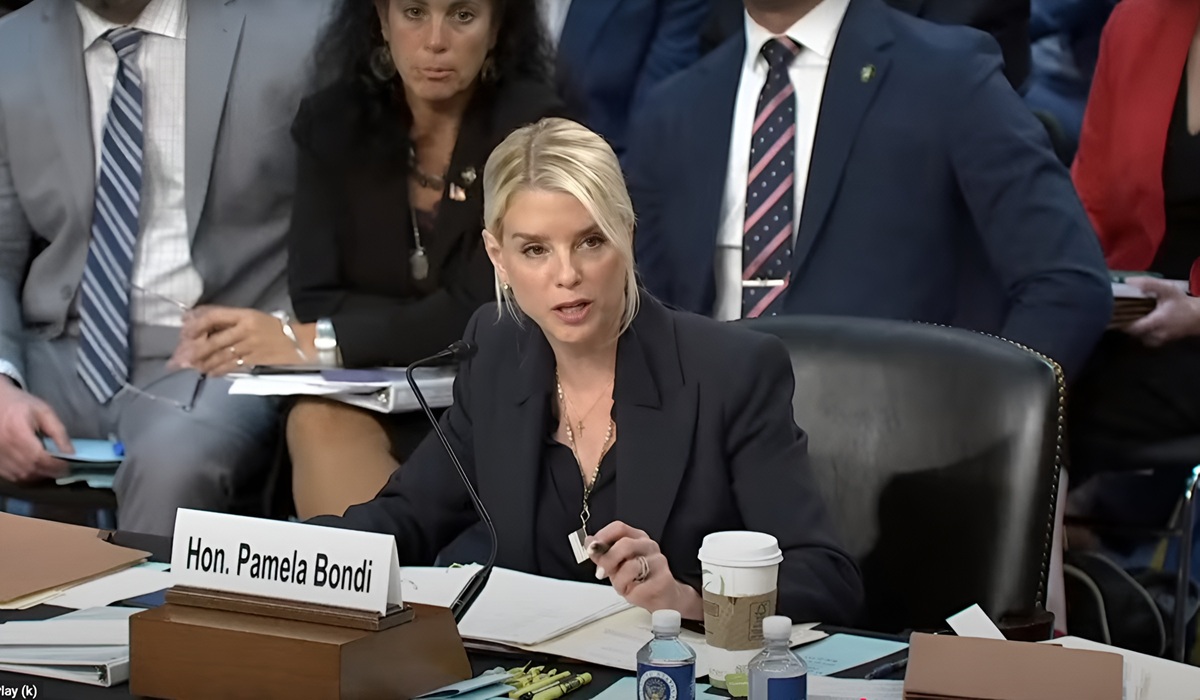The Death of SWIFT: The End of a Monetary Monopoly
- Ingrid Jones
- Business
- Trending News
- October 14, 2025

Image Credit: Denis Streltsov
For decades, the SWIFT payment system has been the invisible backbone of international finance. It was the channel through which trillions of dollars flowed daily, connecting banks, nations, and corporations in a vast web of cross-border transactions. But as the world shifts away from U.S. dollar dominance, the once-untouchable network is beginning to fracture. What we are witnessing is not merely the decline of a financial tool—it is the end of an era of Western control over global trade.
At its core, SWIFT (the Society for Worldwide Interbank Financial Telecommunication) was never about moving money itself—it was about messaging, verification, and tracking. It told banks how to move funds, who was sending what, and to whom. For countries operating outside the U.S.-centric financial sphere, that meant every transaction had to pass through a system heavily influenced by Washington and Brussels. Nations that didn’t trade in dollars were forced to convert their currencies—often at unfavorable rates—creating a persistent trade deficit and deepening economic dependency.
For years, this imbalance was tolerated as a cost of doing business with the West. But now, the landscape is changing. Russia, China, and a growing number of African nations are implementing alternative systems to settle trade directly in their own currencies. The yuan, the ruble, and soon the African Continental currency are rising not just as financial instruments, but as declarations of independence. This quiet revolution signals a fundamental shift in global power dynamics—one where countries no longer have to use SWIFT or the U.S. dollar to buy oil, grain, technology, or weapons.
The implications are profound. SWIFT’s greatest power was not financial—it was political. It was the West’s enforcement arm, a tool for sanctions and control. Cutting a nation off from SWIFT was akin to severing its lifeline to the world economy. Iran, North Korea, and Russia all felt the crushing weight of that isolation. Once disconnected, their ability to purchase goods, import medicine, or even pay for international trade collapsed overnight. The system turned money into a weapon. But in a world where nations can bypass SWIFT entirely, those sanctions lose their sting. Financial movements outside of SWIFT are effectively invisible to Western regulators. Trade continues—just not through the channels that the U.S. and Europe can monitor or manipulate.
There’s also a quieter, yet equally transformative, consequence: data. SWIFT wasn’t just a payment network—it was a global ledger of commerce, tracking every transaction and trend. It provided a window into the world economy, revealing where commodities were headed, which sectors were growing, and what nations were investing in. Without access to this information, Western financial analysts lose a key predictive tool. If a billion dollars in soybeans changes hands between Brazil and China outside of SWIFT, the data no longer feeds into global models that shape commodity markets. The result is a growing blind spot in Western economic forecasting.
Of course, SWIFT’s defenders argue that these new systems fragment the global economy, making transactions more opaque and increasing the risk of fraud or instability. But that argument misses the larger point—monopolies never die with dignity. For decades, the West used SWIFT not as a neutral mechanism, but as a gatekeeper, deciding who could participate in the global economy and who would be left in the cold. The “death” of SWIFT isn’t chaos—it’s balance. It’s the natural correction of a financial order that concentrated too much power in too few hands.
Today, China and Russia are conducting trade in yuan and rubles. Saudi Arabia, once firmly in the petrodollar camp, is now accepting yuan for oil. Across Africa, regional payment systems are being interconnected to allow for intra-continental trade without touching the dollar. What once seemed unthinkable—trading freely outside of the SWIFT and U.S. dollar ecosystem—is now becoming the norm. The tide is turning not with loud proclamations, but with quiet, steady diversification.
The end of SWIFT’s supremacy marks the beginning of a more multipolar financial world—one where currency reflects sovereignty, not subservience. For many nations, this shift is not about rejecting the West, but about reclaiming autonomy. After decades of sanctions, conversions, and control, they are simply choosing to write their own financial story. And in doing so, they may finally bring balance to a system that for far too long was built to serve only one side.








